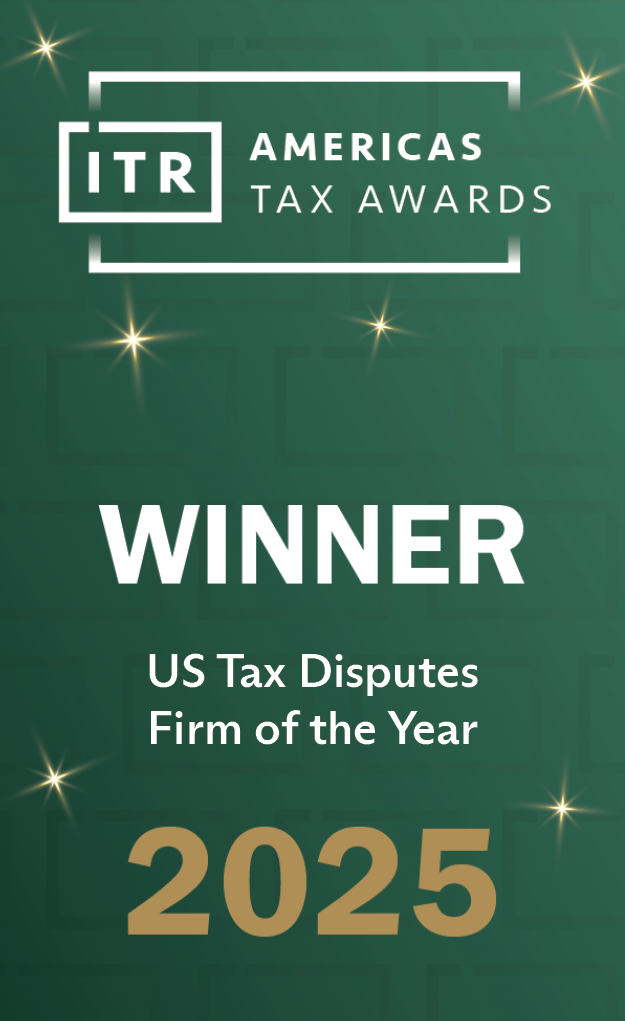Presented below is our summary of significant Internal Revenue Service (IRS) guidance and relevant tax matters for the week of August 29, 2022 – September 2, 2022.
August 29, 2022: The IRS released Internal Revenue Bulletin 2022-35, which highlights the following:
- Revenue Ruling 2022-15: This revenue ruling provides interest rates for tax overpayments and underpayments for the fourth quarter, starting October 1, 2022. The new rates are as follows:
- Individuals: 6% per year, compounded daily, for both overpayments and underpayments
- Corporations: 5% for overpayments; 6% for underpayments
- Corporate overpayments for the portion exceeding $10,000:5%
- Large corporate underpayments: 8%
- Revenue Ruling 2022-16: This revenue ruling provides the average annual effective interest rates on new loans under the Farm Credit System and also contains a list of the states within each Farm Credit System Bank territory.
- Treasury Decision 9964: The IRS released final regulations, providing guidance to states wanting to inspect certain return information for the purpose of administering state laws related to tax-exempt organizations. The final regulations reflect changes to the Internal Revenue Code made by the Pension Protection Act of 2006.
August 29, 2022: The IRS announced that September is National Preparedness Month and urges everyone to develop or update their emergency plans, especially with hurricane season approaching and the ongoing threat of wildfires.
August 29, 2022: The IRS released Tax Tip 2022-132, highlighting the Security Summit’s summer series, Protect Your Client; Protect Yourself. Professionals from the IRS, state tax agencies and others in the tax industry joined forces for a five-week series focused on the fundamentals of data and information security.
August 30, 2022: The IRS released Tax Tip 2022-133, clarifying taxpayer obligations during a Chapter 13 bankruptcy.
August 31, 2022: The IRS announced that Edward Killen will become division commissioner of its Tax-Exempt and Government Entities (TE/GE) division, effective September 30, 2022. The current TE/GE Commissioner, Sunita Lough, is retiring. Chief Privacy Officer Robert Choi will replace Killen as deputy commissioner of TE/GE.
August 31, 2022: The IRS released COVID Tax Tip-134, reminding parents of refunds and tax credits they may be missing if they do not normally file a tax return.
August 31, 2022: The IRS asked for comments on Form 7205, which is used to claim deductions for energy-efficient commercial buildings. The IRS wants to standardize the procedures for claiming the deduction and invites comments by October 31, 2022.
September 1, 2022: The IRS released Tax Tip 2022-135, providing suggestions to tax professionals on ways to protect clients from identity theft.
September 2, 2022: The IRS issued a statement acknowledging that it released confidential information from Form 990-Ts, which should not have been made public. Form 990-T is a business tax return used by tax-exempt entities to report and pay income [...]
Continue Reading
read more


 Subscribe
Subscribe




